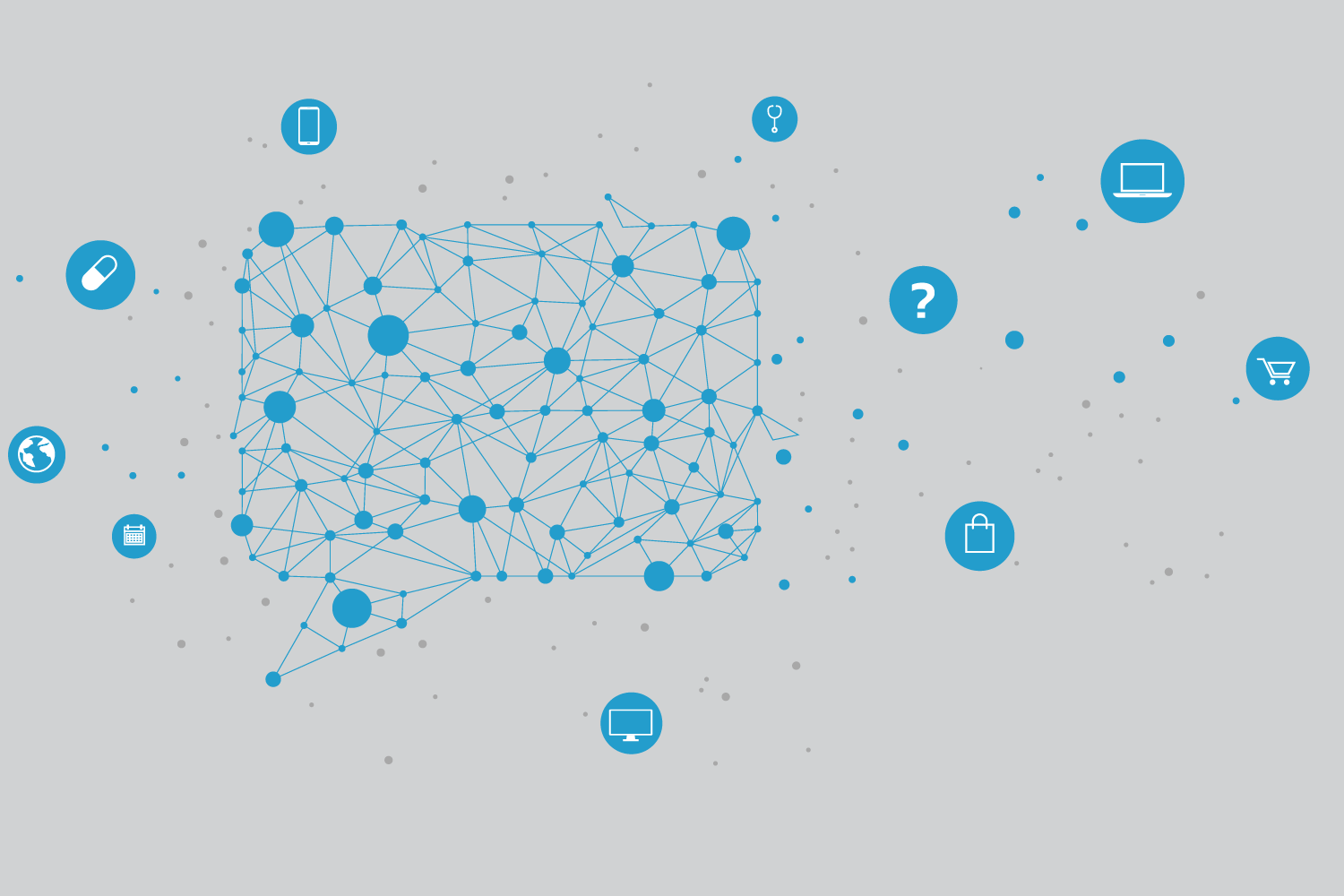
Millennials share distinct characteristics that make them a particularly difficult group for health insurers. They tend to be digital natives who are unfamiliar with health insurance terminology and who like to comparison shop before buying anything. They are a vocal bunch who turn to social media to voice their opinions.
What’s at stake?
Millennials also make up the largest proportion of the U.S. labor force today, and it is expected they will be half the workforce in 2020 and 75 percent of the workforce in 10 years. They are a group that insurers and employers can’t afford to ignore.
Buying health insurance is clearly not the same as buying a plane ticket online. But e-commerce principles that were pioneered for everything from plane tickets to music are becoming the standard for choosing and buying things, and are therefore essential for the healthcare and health insurance industries to embrace.
Journalists, analysts and health insurance experts ask what will be the TurboTax of healthcare. While the TurboTax analogy may not be 100 percent applicable to health insurance, insurers do need to take an e-commerce approach in order to gain and retain members, particularly younger ones.
How to appeal to millennials with a private exchange
Millennials, who spend most of their day in front of an electronic device, will especially appreciate the similarities between a private exchange and their favorite e-commerce sites. When designing a private exchange, here are four things insurers, brokers and employers need to keep in mind into order to attract and retain this distinct group:
- Make it simple: Customer expectations for health insurance are being set by non-healthcare industries, like Amazon.com and Apple. While everyone wants choice – particularly price-sensitive millennials who grew up comparison shopping online – too many choices can be overwhelming. A 2015 study published by the National Bureau of Economic Research revealed that too many health plan options result in less rational choices by employees. In fact, the study found that 85 percent of people would be better off if their employer only offered one plan. Hence, a guided shopping experience that supports personalized, informed choices is key.
- Meet them where they are: The common stereotype is that millennials are attached to their smartphones and tablets 24/7. Turns out the stereotype is true. Research indicates that individuals ages 18 to 36 spend an average of 17.8 hours a day with different types of media. And among the various forms of media, social is king, with 71 percent of millennials saying they engage in social media daily. Therefore, embrace social media in marketing and ensure every touch point in the user experience can support mobile devices.
- Contact and education need to happen throughout the year: Insurers who are eager to build member-for-life relationships need to be in touch with consumers on an ongoing basis to educate, recommend and delight. Millennials love videos and entertainment. Short and funny educational videos that demystify health insurance are one way insurers and employers can connect and inform millennial consumers throughout the year.
- What millennials want, others want too: While millennials may be the most vocal about their preferences, other generations are interested in much of the same functionality that millennials cherish. As stated in a recent TechCrunch article: “Yes, millennials are annoying customers, but here is the irony: everyone wants these features.” And while millennials are more likely to manage their health and healthcare needs using technology, a considerable number of older Americans are doing so as well, according to a McKinsey survey.
Understanding what attracts and retains millennial customers is half the battle. The bigger challenge is executing on that knowledge. We believe insurers can meet the demands of millennials through a well-designed health insurance e-commerce platform or private exchange. These insurer-led exchanges allow employers and insurers to adapt to the needs of millennials, provide shopping, choice, instant access, and education tools. Millennials purchasing health insurance need to be treated like consumers of other retail products, and a well-designed private exchange can make that a reality.
Millennials are no longer the future – they are the here and now, and much of what they want is aligned with the wishes of Gen Xers and Baby Boomers. Health insurers, employers, and brokers need to get on the millennial bandwagon or be left out in the cold.






